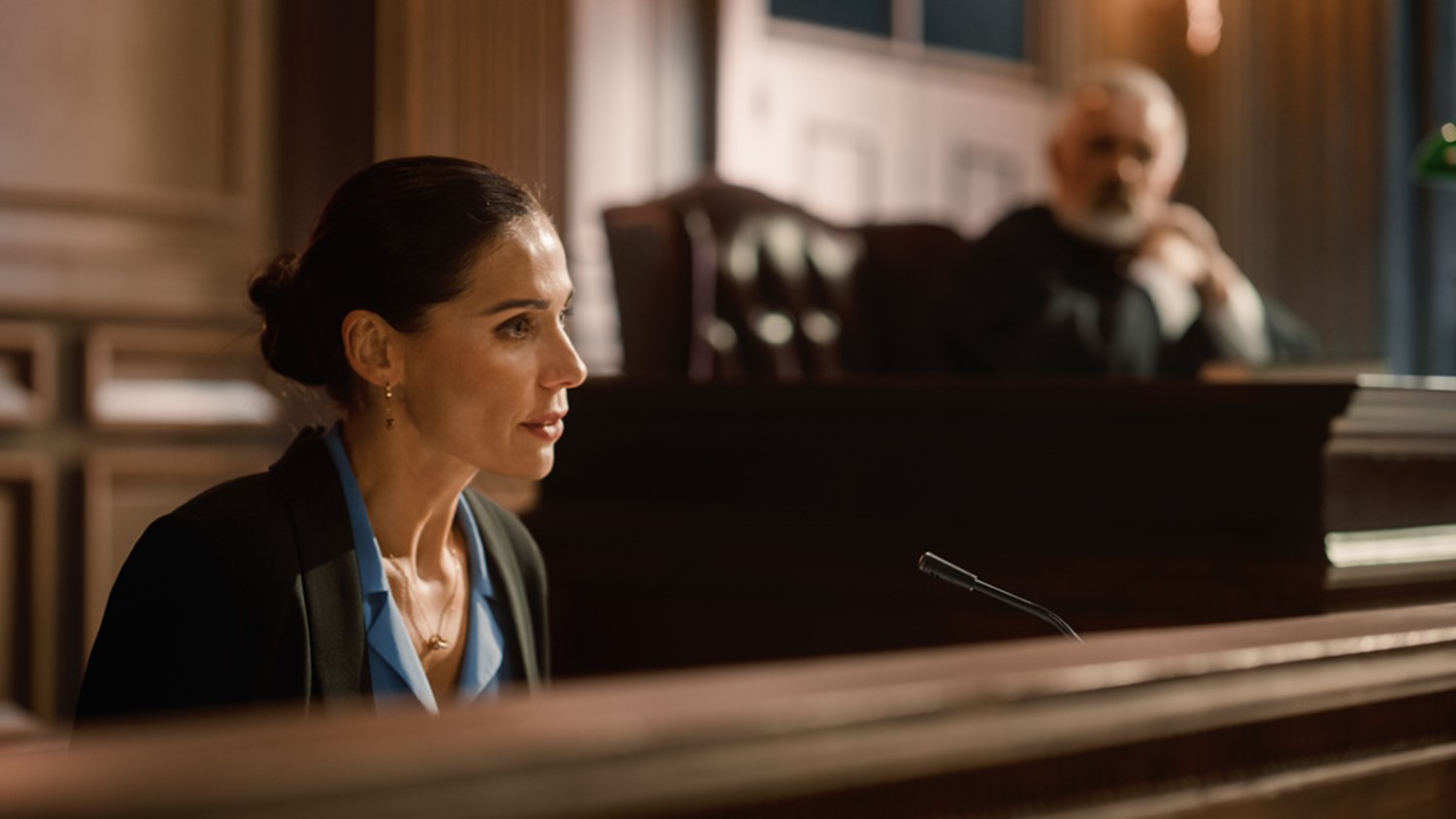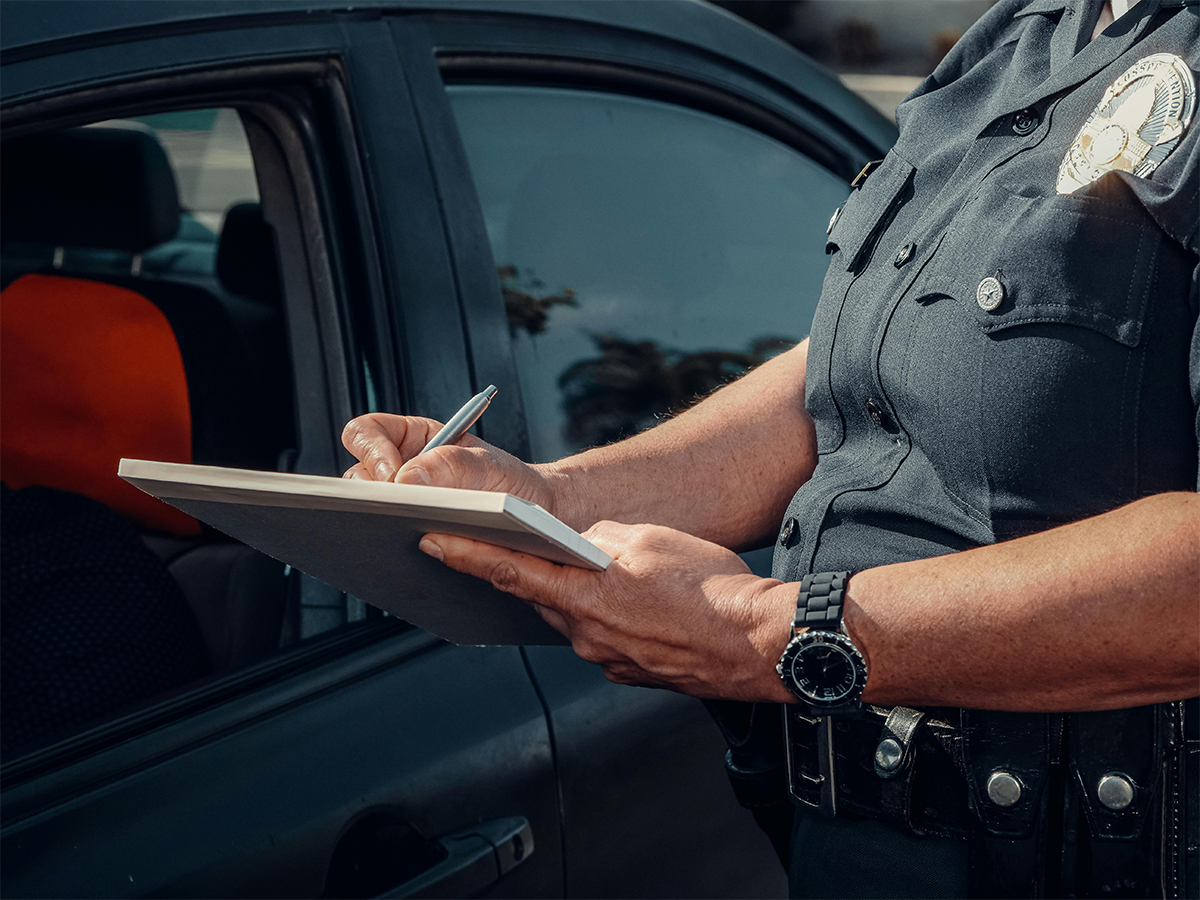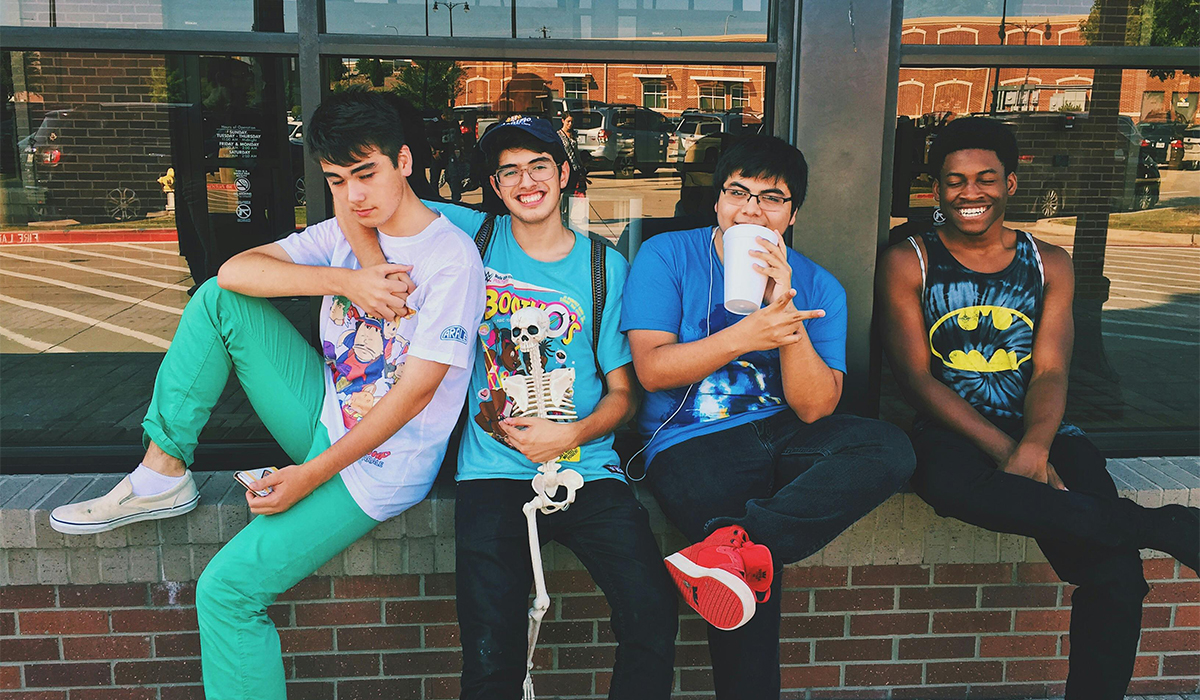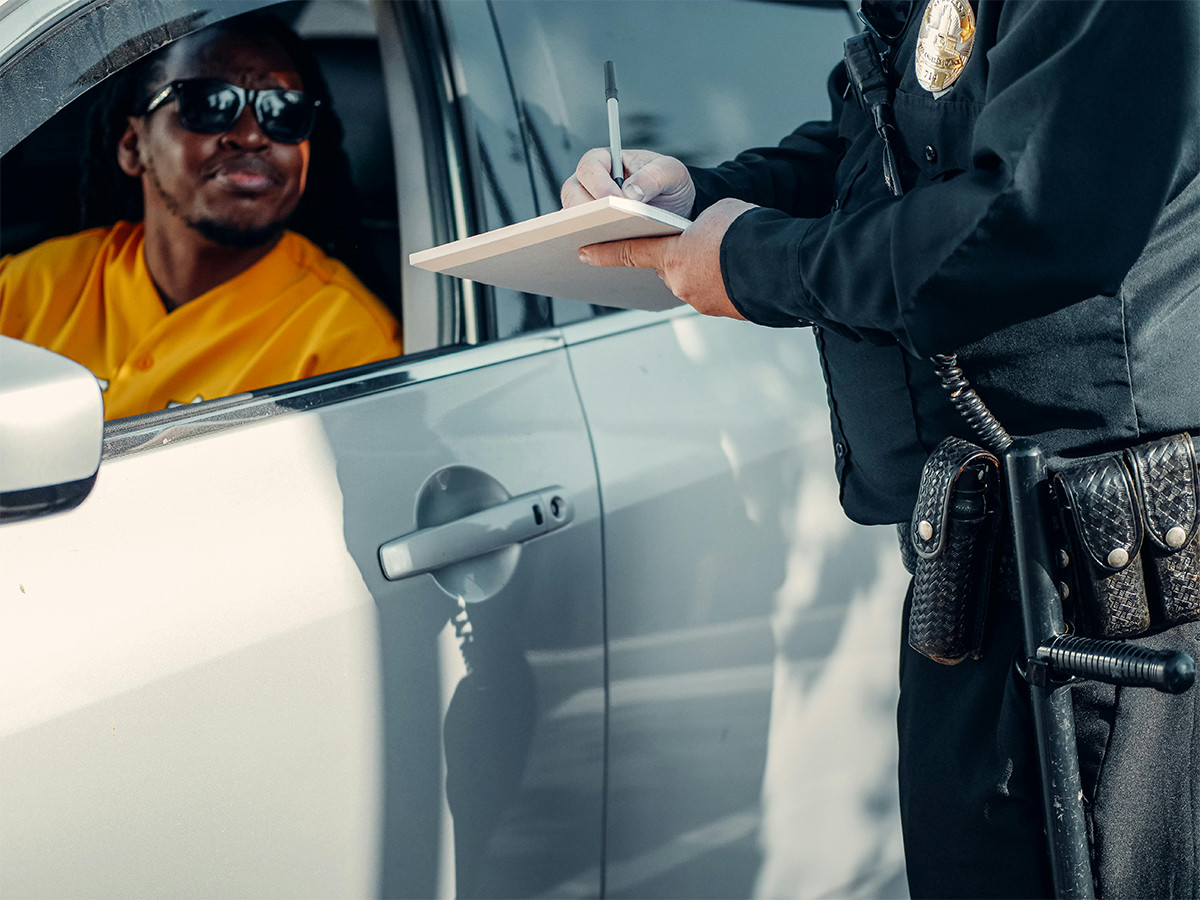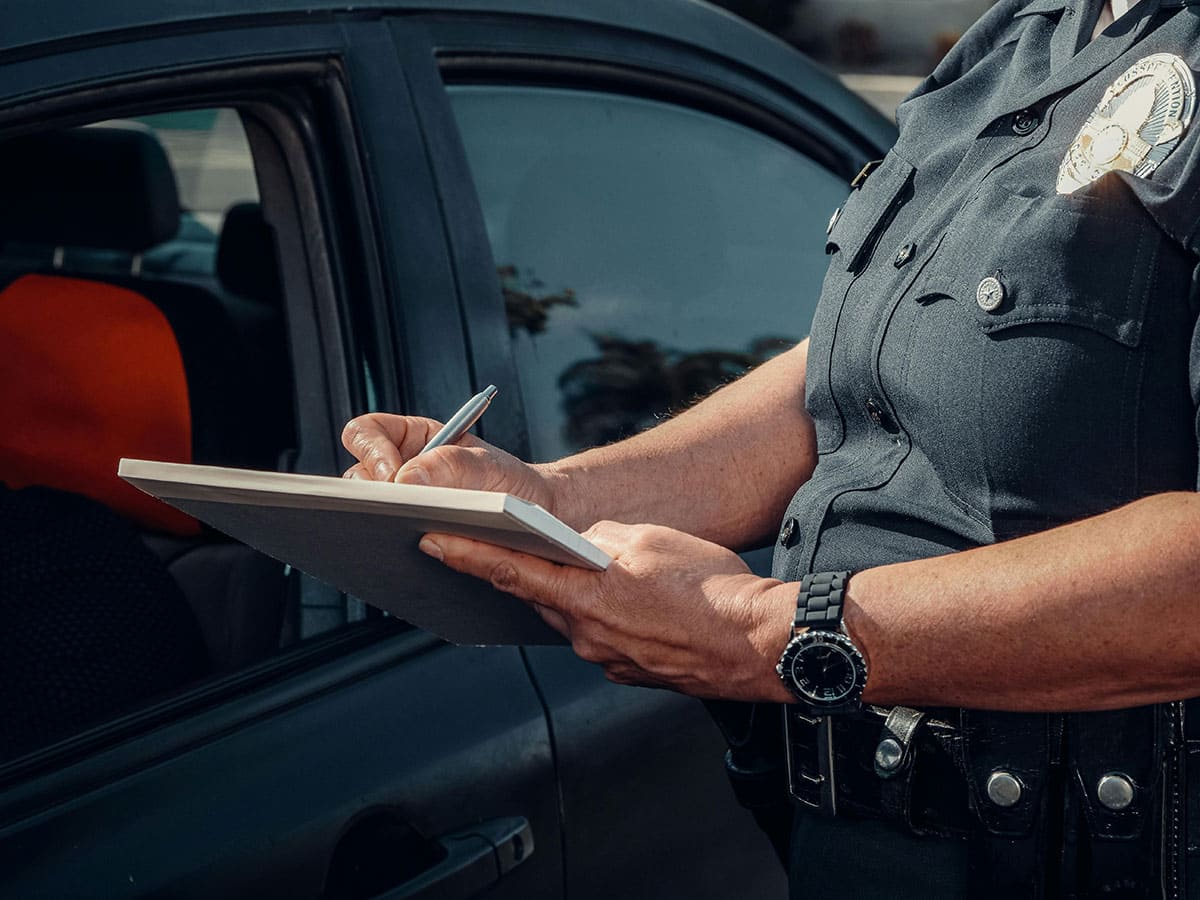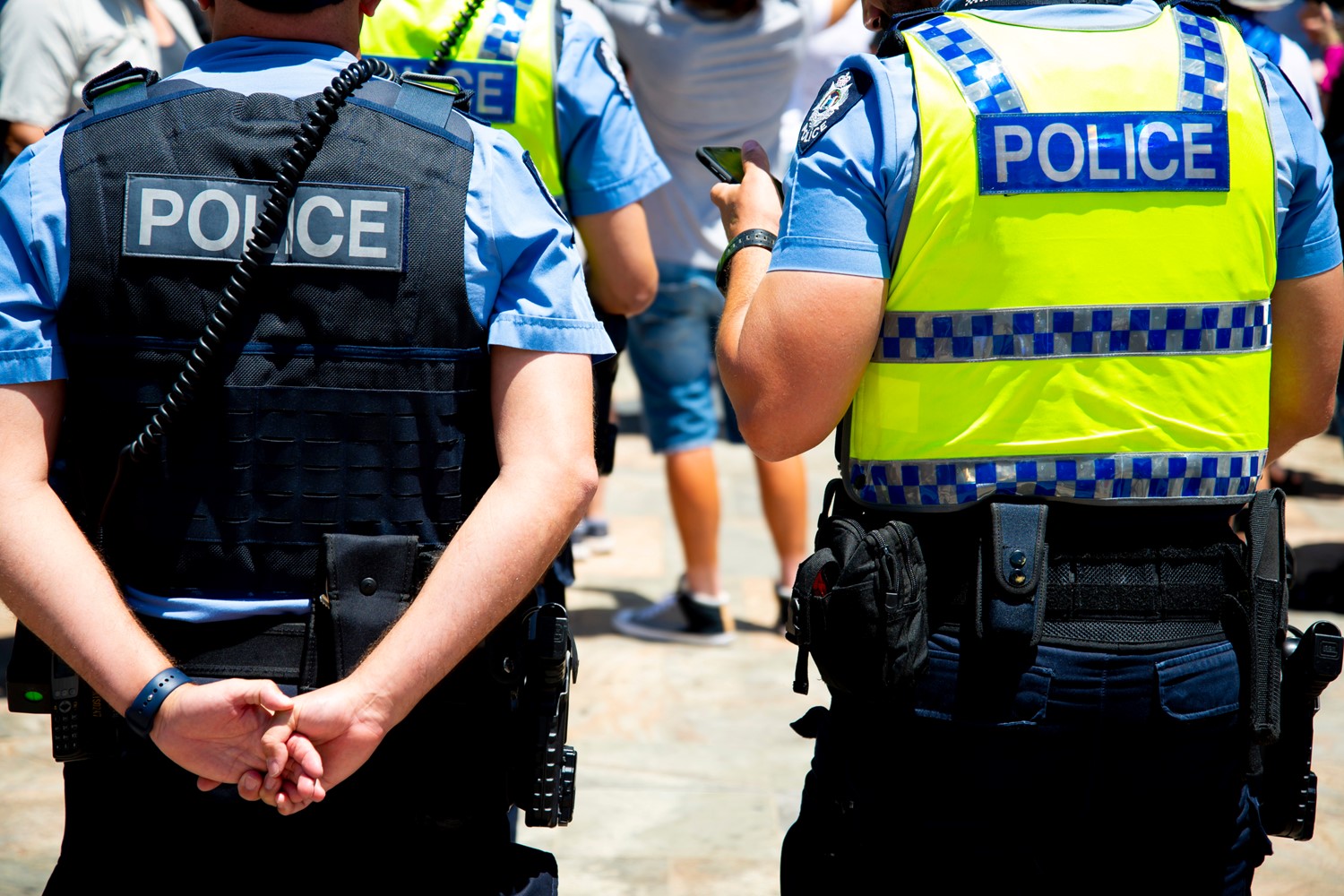Table of Contents
 An apprehended violence order (AVO) is to Australia’s legal system as a restraining order is to legal systems of other nations. It’s a court order designed to protect an individual, referred to as the ‘protected person,’ from further harm or harassment. The recipient of the AVO is referred to as the ‘defendant,’ which prohibits them from such actions.
An apprehended violence order (AVO) is to Australia’s legal system as a restraining order is to legal systems of other nations. It’s a court order designed to protect an individual, referred to as the ‘protected person,’ from further harm or harassment. The recipient of the AVO is referred to as the ‘defendant,’ which prohibits them from such actions.
An AVO can be one of two types: an apprehended personal violence order (APVO) if the two parties aren’t related domestically or an apprehended domestic violence order (ADVO) if the two parties are related. Regardless, an AVO against you is bad news, not just because you can get in hot water for breaching it.
A Spot On Your Criminal History
In NSW, authorities record an AVO on a person’s criminal history, which police can keep a file of for a while. But as AVOs aren’t convictions, they won’t appear on your criminal record. That said, the only way for it to disappear from your criminal history is via revocation, typically done with a lawyer’s aid.
However, violating it is a criminal offence and can end up on record. Even if you were outside NSW when the breach occurred, other states and territories could still enforce orders filed in NSW. Worse, contravening an AVO is a separate offence from the crime committed that led to the defendant breaching the order.
If the breach is unintentional, authorities may still file charges. However, with legal help and solid evidence, it’s possible to convince the court not to charge you with the violation.
Right To Own Firearms Suspended
Firearm owners served with an AVO must turn over all their firearms to the police; otherwise, they can be charged with breaching the order. A defendant’s right to own any gun is suspended under an interim or provisional AVO but is cancelled under a final AVO. A defendant can only apply for a new firearms licence 10 years from the end date of the final AVO.
Naturally, if the provisional or interim order expires or the other party fails to apply for one, the suspension can be lifted. Provided the defendant surrendered their guns to the police beforehand, they can get them back. You can check out this reference for details on how provisional, interim, and final AVOs differ.
Affecting Interaction With Children
Under the Children and Young Persons (Care and Protection) Act of 1998, the Children’s Court can serve an AVO if the incident involves children under 18. In this instance, the police have the right to file one on the children’s behalf under the Crimes (Domestic and Personal Violence) Act.
If you’re close to children often, whether it’s a full-time job or volunteer work, it might change under an AVO. Under normal circumstances, an AVO isn’t usually required for a Working With Children Check (WWCC). But since the check requires looking into one’s criminal record, an AVO breach can be a disqualifying factor.
An order involving children can be somewhat trickier than one involving adults, especially if the parties are direct family members. It means a parent can’t be with their kids, which can affect the latter psychologically in the long run. Family law demands coming to a decision that’ll benefit the children, which is easier said than done.
Eviction From Rental Residence
NSW is one of two states (the other being Western Australia) with laws allowing victims of domestic violence to terminate their tenancy without involving law enforcement or the legal system. All it requires is writing a termination notice to the landlord and the co-tenant.
But for victims seeking further protection, the legal system can still involve itself by serving an AVO. These orders often include an exclusion order that outlines places where the defendant is prohibited from going. An interim or provisional AVO with an exclusion order permits the protected person to change the locks while a final AVO with said order evicts the defendant.
Options For The Defendant
As explained above, having an AVO is a severe handicap for anyone. If the court serves you one, you have three main options: negotiation, consent, and opposition.
The negotiation route is the shortest but not necessarily the easiest. Courts often refer APVO applications for mediation, though it isn’t impossible to do the same for ADVO applications. Once the parties reach an agreement and the court makes it formal, the case is closed.
In the consent route, you have three sub-options: an undertaking, consent with admission, and consent without admission. You can check here for the pros and cons of each choice, though it pays to make the right one based on your case.
If you choose to challenge an apprehended domestic violence order, be ready for a tough fight. The court will treat the case more seriously, which can affect the case’s outcome.
Conclusion
Whether preliminary or final, a court-approved AVO introduces a slew of inconveniences to a person. It isn’t surprising that many people will seek legal options to avoid getting served with one. But whatever you choose, never do so without a lawyer’s insight.
Visit this page if you want to know how lawyers can help preserve your rights under an AVO. Trust us; you’ll need all the legal help you can get.

